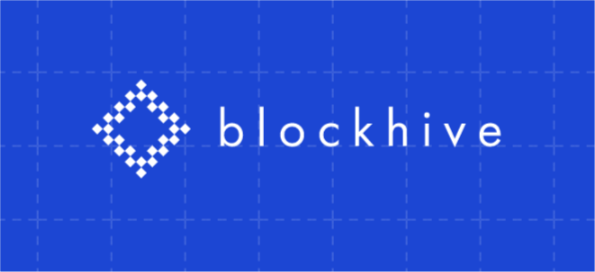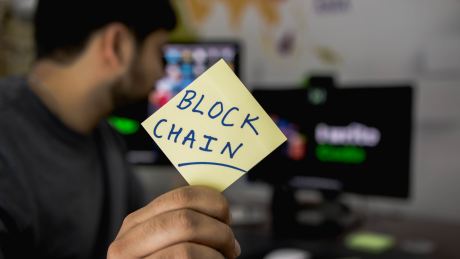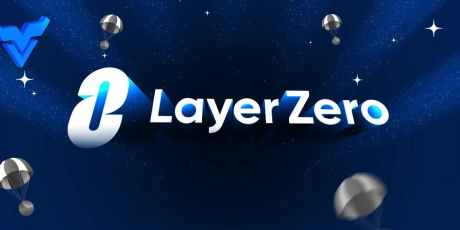Blockchain technology is enabling the borderless transfer of value in its simplest form without the interference of intermediaries. This is a property that has encouraged the effective fundraising processes being adopted by various startups and existing organizations for purposes of project development and expansion, as the case may be.
A new fundraising method
One of the latest fundraising methods being introduced into the industry is the Initial Loan Procurement (ILP) process. This system is similar to the more popular Initial Coin Offering (ICO) procedure, only that in this case, the funds are raised in the form of loans, rather than coins acquisition.
The more popular ICO system has exposed the industry to a lot of new opportunities that did not exist before now. Generally, the ICO process enables individuals from any part of the world to have direct investment access to opportunities that had hitherto been beyond their reach. Also, on the part of companies, it opened up new and easier sources, enabling them to get funding from anyone who gets interested in their projects from anywhere in the world in exchange for tokens.
Limitations of older methods
Despite the benefits of the ICO processes, the inherent limitations are becoming even more pronounced as numerous companies adopt the system, which is a subject of concern. For instance, the laws and regulations that are emanating from some countries are categorically unfriendly towards ICOs. The outright bans from China and the restriction of crypto-related ads by Facebook are some of the eventualities that are hampering the ICO processes. Besides, the search for appropriate tax implementation processes has also led to certain restrictions from countries like the United States. Some other countries even consider money raised through ICOs as income, therefore subjecting such to high taxing, even as much as 40% in some cases.
In finding a solution to these limitations, while retaining the benefits of Blockchain technology, Blockhive is partnering with Agrello to create an alternative model of decentralized fundraising that does not involve token purchase. This model implements a smart contract agreement between borrowers and creditors through a process known as Initial Loan Procurement (ILP). Being a loan, hence a debt, such contributions will not be bound by unreasonable tax systems, neither will they be bound by the various restrictions and challenges faced by ICOs.
KYC implementation
With a legally sound structure and proper KYC implementation procedures, the Blockhive system ensures proper fraud prevention and anti-money laundering. Each contract is recorded on the blockchain, thereby ensuring a transparent and immutable system that cannot be altered.
In other words, to have access and transact on the Blockhive platform, users must fully register and receive the protocol’s Future Loan Access Tokens (FLAT) as soon as they lend funds to the company. It is these tokens that will enable the transfer of loan agreements among users. The funds lent however are in the form of cryptocurrency, as those are the payment methods supported by the platform.
A robust partnership
Hence, Agrello’s ID and its binding loan agreement, coupled with Blockhive’s FLAT combine to form a robust decentralized loan platform. Therefore, instead of investing in tokens whose future depends largely on external market forces of demand rather than the fundamental organic growth of its parent company, the ILP system offers a different kind of benefit. This benefit involves a more guaranteed long-term interest, enabling creditors to earn 20% of the annual operational profits of Blockhive. A figure that could increase as more products gets developed on the platform.



















